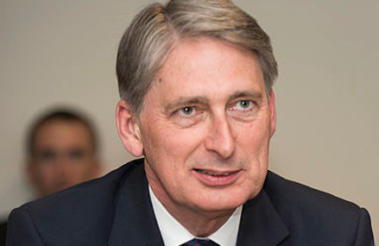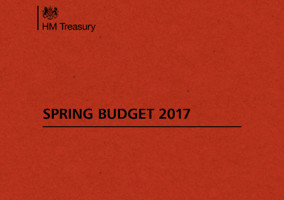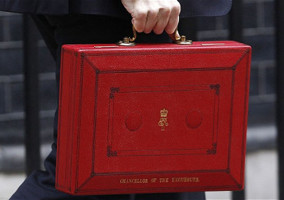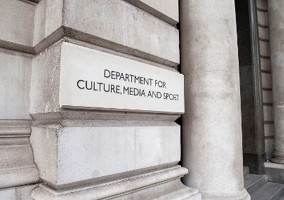In his leader for this month’s issue of Charity Finance, Gareth Jones considers how we should view last month’s Spring Budget and suggests how the dormant assets windfall could be spent.
There’s no doubting that last month’s Spring Budget was a quiet one for charities. While the Chancellor busied himself with justifying the plan to raise National Insurance contributions for self-employed people, charities received just three mentions in the accompanying Budget document.
As is usual on Budget day, the various charity representative bodies queued up to give their commentary, but this time there was a noticeable divide.
Most expressed disappointment, but NCVO struck a more emollient tone. It said that given fears about the effects of changes to Insurance Premium Tax and business rates, the fact that there is “stability and actually very little that we have to respond to is a good thing”.
So where does the truth lie? As with most debates, it’s somewhere in the middle.
This is certainly not the first Budget to give scant consideration to charities, and George Osborne’s so-called “charity tax” in 2012 is by no means the only example of when they can be actively harmful. In this sense, we can be thankful that no news means no bad news.
It may also be true that the Spring Budget document was simply a shorter one in general this time round, and charities’ absence may simply be a reflection of where government currently is in the policy cycle.
Ultimately, the number of mentions of the word “charity” in a Budget document is an indicator rather than a definitive record of the government’s commitment to the sector.
A measured reaction
However, it is not unreasonable to express a degree of disappointment in a Budget which doesn’t offer anything for our sector. Indeed, if we don’t at least acknowledge that this is the case, there is a danger of missing the bigger picture and allowing current orthodoxies to become normalised.
While on one level it is understandable that we are unlikely to see any major tax giveaways given the state of the public finances, it should not go uncommented that the government has found ways to reduce corporation tax, business rates for smaller organisations, the top rate of income tax and capital gains tax.
Such measures may be justified on the basis that they will provide stimulus to the economy, but charities have their own case for support. The sector provides a wealth of preventative activities that reduce the burden on public services, and a stronger, better financed charity sector could be saving the taxpayer even more money.
This unique role, and the unique position that charities hold within the tax system, means that charities do need special treatment.
There may be other sectors with comparable incomes and staff numbers, but they are covered by more general measures to support businesses. We should expect to see the Treasury giving a level of thought to our sector.
Yes it is extremely tough to change ingrained attitudes in government. But Theresa May has signalled a desire to help charities through the shared society, and if that is to be turned into more than just rhetoric, then government must be repeatedly challenged to take notice of the sector’s value and to back it by providing funding and reforming the tax system.
Assets are awakening
One area where the government has pulled a rabbit out of the hat is dormant assets. Charities could receive £2bn or even more, though it will be some years before the money is released.
So what should the money go on? The government has stated that it intends to “transform the sector”, which suggests something with a lasting legacy rather than, say, a much-needed influx of grant funding for core costs.
As David Ainsworth points out in this edition of Charity Finance, past history suggests social investment, financial inclusion and youth services are likely recipients.
But with social investment suffering more from a lack of demand than supply, and the National Audit Office questioning the value of the National Citizen Service, perhaps we can be more imaginative.
A capacity-building programme that learns the lessons of New Labour’s much-maligned “hubs”? A time-limited supplement to Gift Aid allied to a marketing campaign to encourage giving?
Or long-term support for local infrastructure bodies and community accountants across the country?
Sorry, I’ve caught myself dreaming idealistically again. Anyway, there will be a consultation on how the funds are used, so we’ll all have a chance to challenge government to recognise the value that charities bring.
Related items













